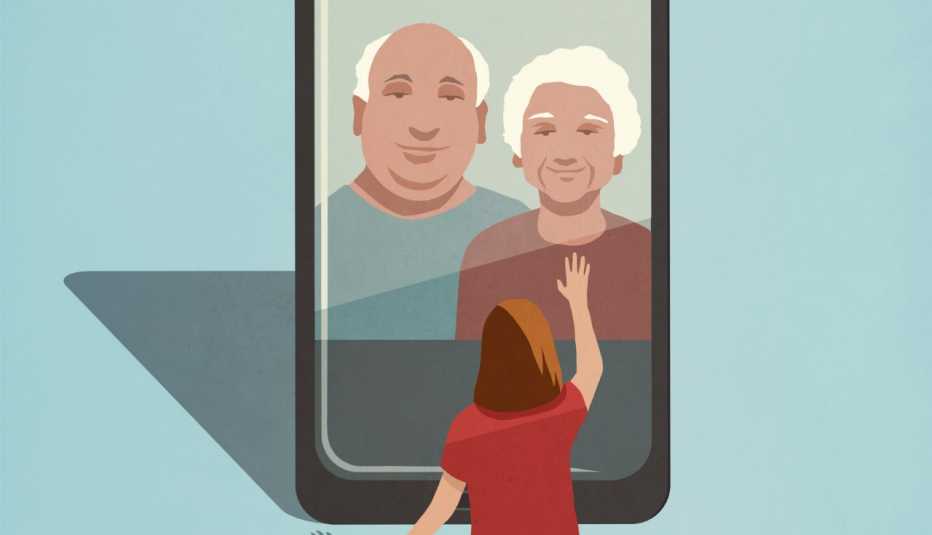Staying Fit


Gary Schildhorn was driving to his office when he received a phone call from his son Brett. “He was upset and crying. He told me he needed my help. He said was in a car accident … [he] was hurt, he was in trouble and a pregnant woman was injured.”
Shocked that his son had been arrested, Schildhorn was next contacted by someone who claimed he was Barry Goldstein, his son’s lawyer. Schildhorn used the number provided by the so-called lawyer to talk to court officials. In a series of rapid calls, Schildhorn learned he had two hours to wire $9,000 for bail from a special kiosk at a credit union.


AARP Membership— $12 for your first year when you sign up for Automatic Renewal
Get instant access to members-only products and hundreds of discounts, a free second membership, and a subscription to AARP the Magazine.
“It was not until the calls stopped and I was driving to the bank that I had an opportunity to think,” said Schildhorn, who recounted his story at a U.S. Senate Special Committee on Aging’s hearing on scams and artificial intelligence (AI) last November. “I called my daughter-in-law, Kim, told her what happened and asked her to alert my son’s office that he had been in an accident.”
He soon received a FaceTime call from Brett, who said, “You are being scammed; see, I’m fine.”
Schildhorn shared his experience at the hearing for one reason: To make others aware of just how convincing these scams can be.




































































More on Scams and Fraud
Scammers and Celebrity Impostors Defraud Fans of Millions
Singers Blake Shelton and Dolly Parton are among the many stars impersonated
6 Top Scams to Watch Out for in 2024
Criminals are supercharging old scams with new technologyFacebook, Instagram Are Hotbeds for Scammers
Social media sites see surge in scams